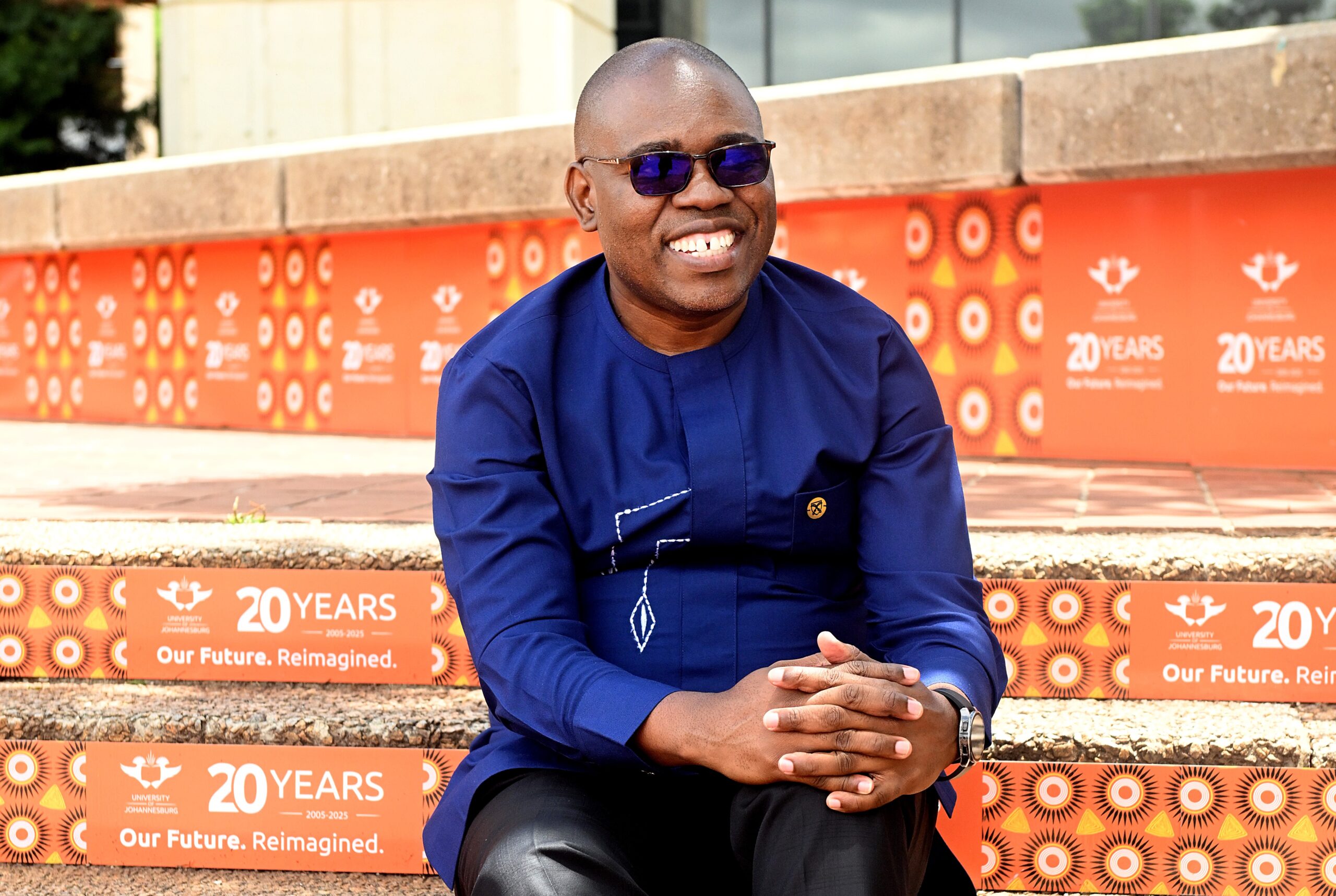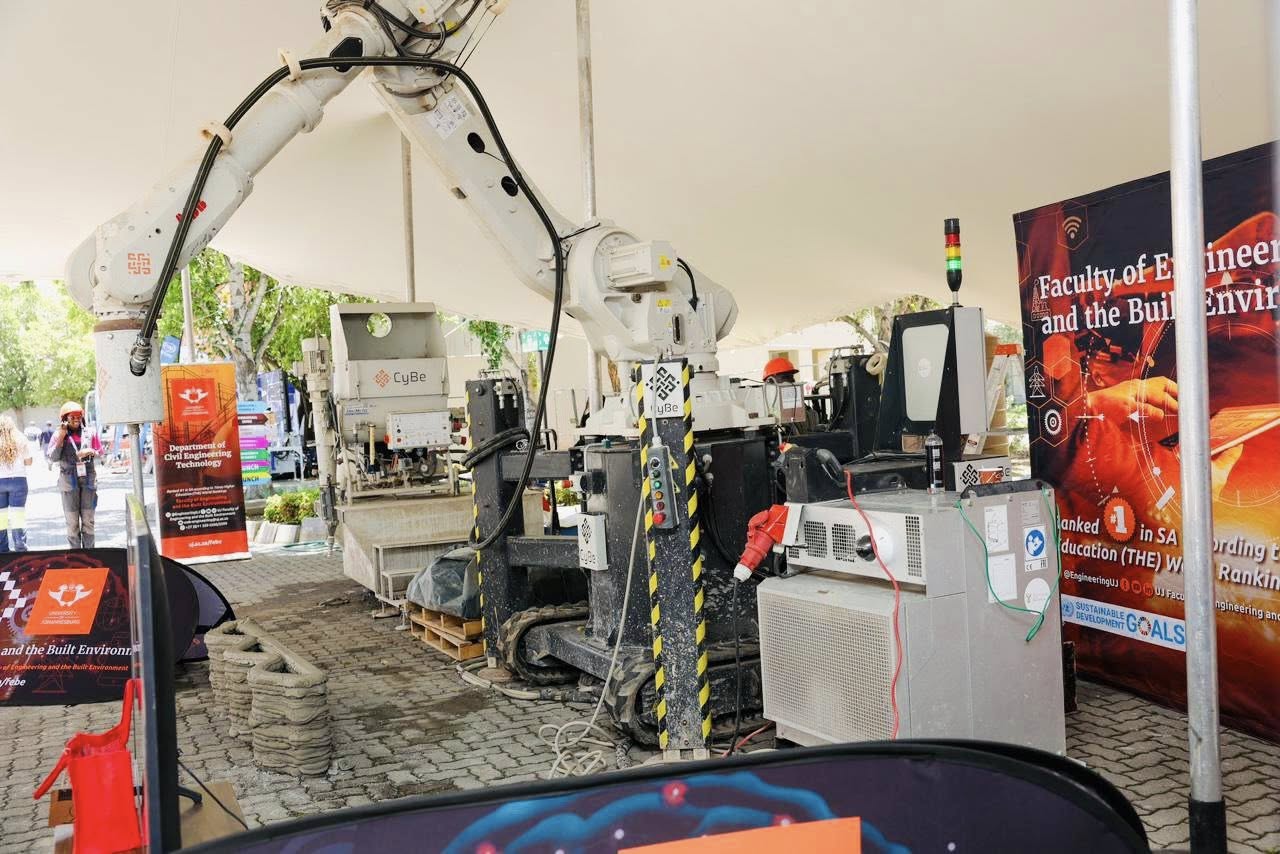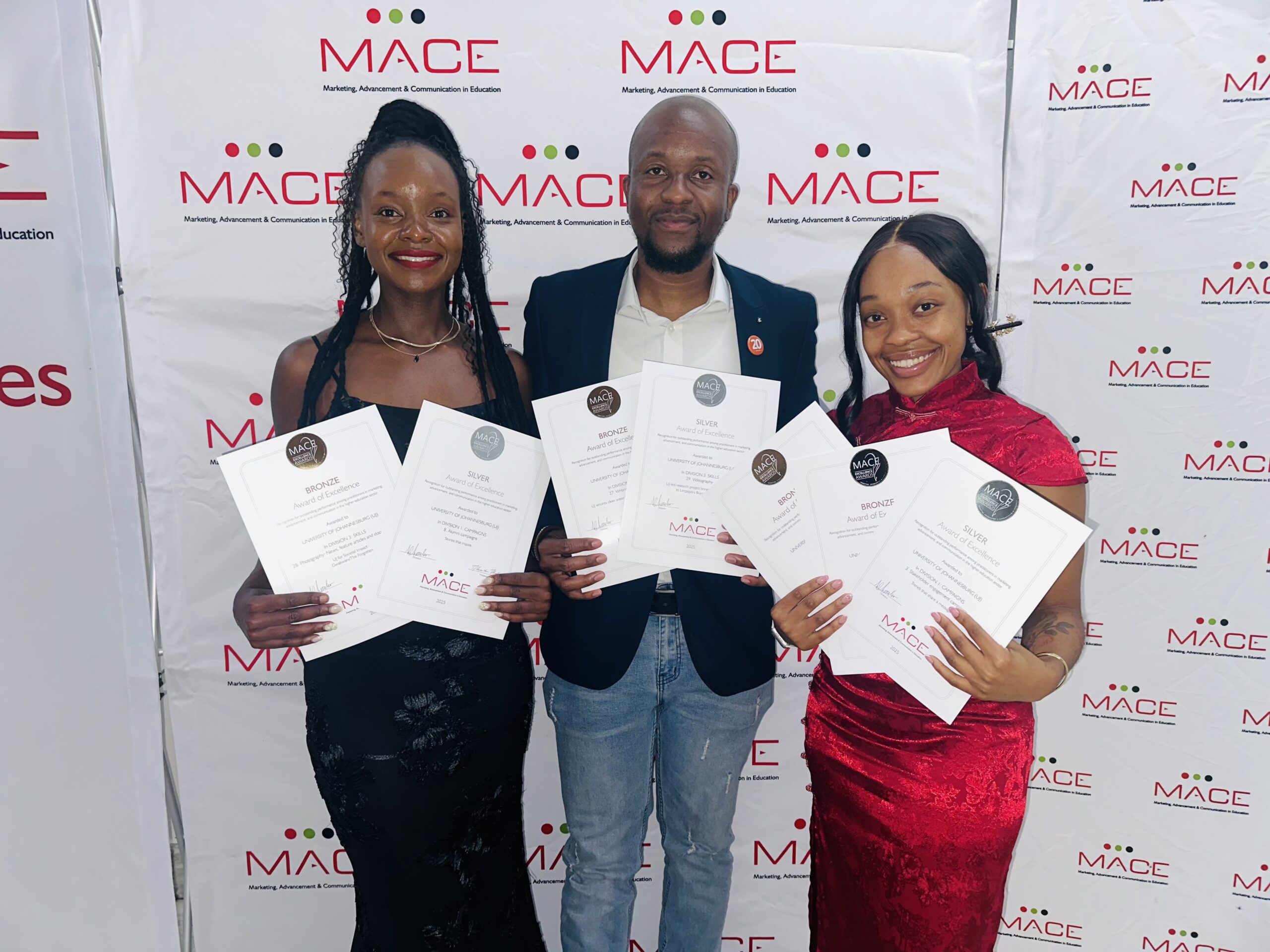Professor Letlhokwa George Mpedi is the Vice-Chancellor and Principal of the University of Johannesburg.
He recently published an opinion article that first appeared in the Daily Maverick on 23 September 2025.
Heritage Month invites us to reflect. We are called, as a nation, to celebrate what is being handed down to us. But have we really reflected on how we safeguard and extend this inheritance to generations to come?
Last week, I was hosted by the University of Johannesburg’s (UJ) Palaeo-Research Institute (P-RI) at two crucial sites in the Cradle of Humankind: Swartkrans, Kromdraai and Environs World Heritage Site. It was fitting that, as we celebrate Heritage Month, I was given pause to reflect on the very history of humanity.
As the institute’s director, Dr Dipuo Kgotleng, walked me through the sites, she spoke of the discipline of archaeo-botany – the study of plant remains from archaeological contexts. This field reveals how our ancestors used plants for food, fuel and medicine. This is a part of our heritage we have too hastily forgotten. In her work on indigenous wisdom and scientific knowledge, Robin Wall Kimmerer reminds us: “In some Native languages the term for plants translates to ‘those who take care of us’.” And perhaps, though we have quieted this understanding in modern life, it is precisely what we are yearning for today.
Across much of the world (South Africa being no exception), indigenous knowledge is under threat. Urbanisation, climate change, biodiversity loss and the dominance of industrialised food systems all contribute to the erosion of practices and wisdom that have been passed down for generations.
Yet, simultaneously, we find ourselves confronted by unprecedented levels of food insecurity. Last year, the National Food and Nutrition Security Survey found that food insecurity affects 63.5% of households in South Africa. Intriguingly, research conducted by Omotayo and Aremu in 2021 found that food security in South Africa remains uneven, with many rural households experiencing hunger and poor nutrition despite the country being nationally food secure.
Their research indicates that indigenous and naturalised plants, which are well adapted to local conditions and widely recognised by communities, could significantly improve diets and even local economies. Of course, in response, we must ask, how many locally adapted crops or sustainable cultivation methods risk being forgotten, just when we may need them most?
As I reflect on my own childhood, I am often struck by how many generational practices and knowledge systems that were passed on to me won’t be passed on to my son.
For example, we learnt about the edible seasonal fruits, such as mokgalo (buffalo thorn fruit), moretlwa (brandy bush fruit), and klapper (monkey orange fruit). We also knew that the bark of the brandy bush tree could be used to make various items, including baskets and ropes. Though it was perhaps not framed in this way at the time, this knowledge reinforced principles of circularity and sustainability as nothing went to waste, and communities could meet their needs directly from their environments.
Heritage Month invites us to reflect on this shift. We are called, as a nation, to celebrate what is being handed down to us. But have we really reflected on how we safeguard and extend this inheritance? In reflecting on my son’s lost inheritance, I would argue that this presents a glaring gap. So, what is to be done?
In an article for Forbes Africa recently, I argued that academia must become more engaged and locally relevant. There is a fundamental call for interdisciplinary research that draws from both global theory and indigenous wisdom. In this way, institutions become hubs of inclusive development.
If we are to face the challenges of the future, higher education institutions must position themselves as custodians of the living place-based knowledge that has sustained humanity for generations. The question that follows is urgent: in acknowledging this need, how do we preserve and revitalise indigenous knowledge systems?
First, by acknowledging their legitimacy. We must recognise that indigenous epistemologies are robust systems of knowing in their own right. To return to the thought of Kimmerer: “Might science and traditional knowledge be purple and yellow to one another, might they be goldenrod and asters? We see the world more fully when we use both.”
Second, by documenting and teaching these practices in ways that respect the communities from which they arise, to ensure that we do not replicate exploitative extractive practices. This calls for partnerships with traditional leaders and local communities.
Third, by embedding this knowledge into contemporary problem-solving, particularly around sustainable development metrics such as food security and public health.
If we consider that the true meaning of sustainable development is a framework to address our current needs while considering future generations, then it stands to reason that this also encompasses the passing on of traditional and indigenous knowledge. These knowledge systems, which are fundamentally rooted in lived experience and ecological intimacy, are living practices that should endure.
As I consider the future my son will inherit, it is clear that safeguarding and actively embracing these practices is necessary. This is how we ensure that future generations inherit more than resources – they inherit the wisdom of how to live in balance with those resources.
*The views expressed in this article are that of the author/s and do not necessarily reflect that of the University of Johannesburg.



